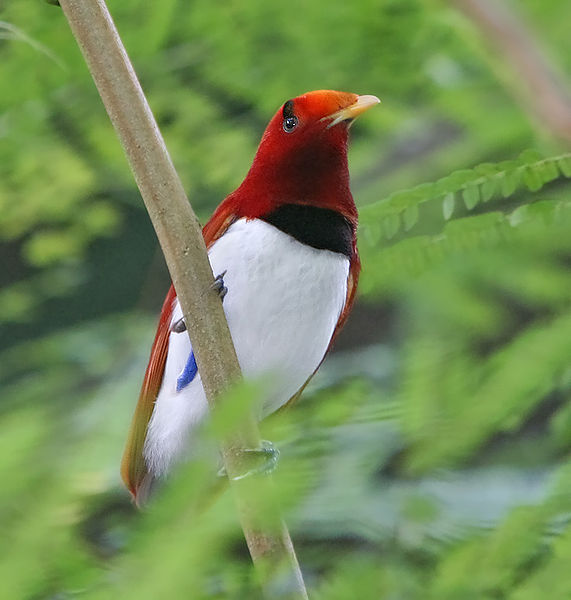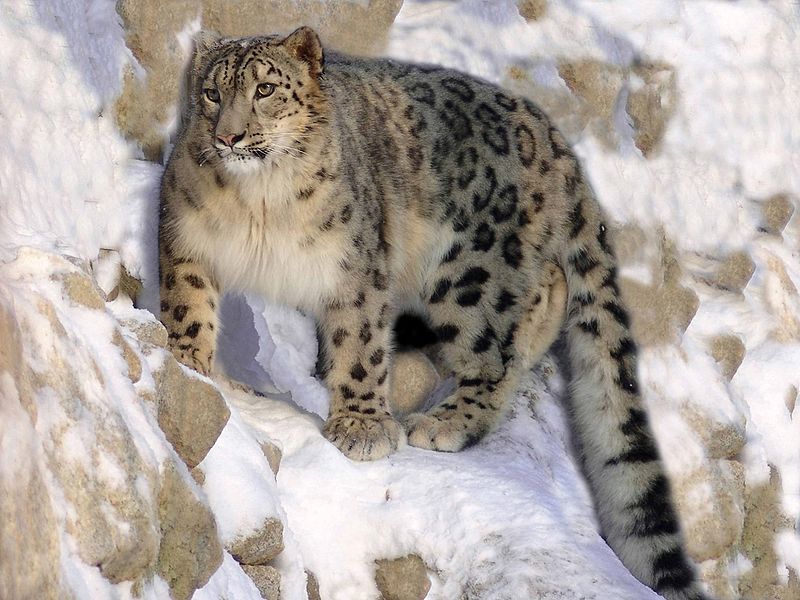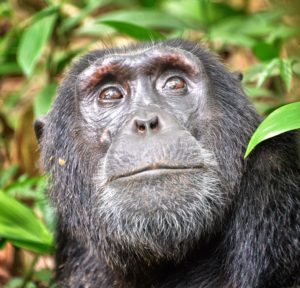Tropical Birds Feel the Heat of Climate Change
The wide range of numbers on future possible extinctions is because of the many decisions about climate change that must still be made that could affect the outcome, such as will carbon reductions mitigate temperature rises?
 Image: By Doug Janson (Own work) [CC-BY-SA-3.0 (http://creativecommons.org/licenses/by-sa/3.0) or GFDL (http://www.gnu.org/copyleft/fdl.html)], via Wikimedia Commons
Image: By Doug Janson (Own work) [CC-BY-SA-3.0 (http://creativecommons.org/licenses/by-sa/3.0) or GFDL (http://www.gnu.org/copyleft/fdl.html)], via Wikimedia Commons Tropical land bird species, excluding migratory birds, total 6,100 across the world. A new study has revealed that at least 534-800 of these could become extinct due to climate change. These figures are based on the Intergovernmental Panel on Climate Change’s middle range of their projection of warming – 3.5 degrees Celsius, 6.3 degrees Fahrenheit. For each degree of warming above that though, another 100-500 may also face extinction. The wide range of numbers on future possible extinctions is because of the many decisions about climate change that must still be made that could affect the outcome, such as will carbon reductions mitigate temperature rises? How much more habitat will be protected or lost?
The study identified several groups of tropical birds that are most at risk. Mountain-dwelling birds must move to higher elevations to survive in their habitat, which moves in response to climate change, but eventually habitat will keep moving higher until it disappears completely, and the birds have nowhere else to go. However, birds in extensive lowland forests with few mountains (the Amazon and Congo basins for example) will too be in danger as they will have trouble relocating. Coastal species are also vulnerable, as coastal forest can be sensitive to salinity, and as sea levels rise birds like ducks, geese and waders may lose habitat that is already restricted by roads, houses and developments. They will also be hit harder by typhoons and hurricanes, which are predicted to increase in frequency as the planet heats up. Birds in open habitats e.g. savannah, grasslands and scrub face shrinking habitats, and those living in arid zones, although resilient to hot, dry conditions, will suffer if water sources dry up.
In future, scientists may be faced with physically translocating birds from one site to another, because suitable climate may shift several hundred kilometres and some birds will not be able to adjust their range quickly enough in response. Amateur birdwatchers in tropical locations are being urged to submit any useful data they gather, as the current data is poor in many of these regions. Temperatures and rainfall are being monitored in protected areas, and a close eye is being kept on the species living there so that we have the ability to respond appropriately to changes that are documented.
Birds play a vital role in seed dispersal and insect control. They are also sentinels, indicators of the overall health of an ecosystem, so we must pay attention to their early warning signs.





No comments yet.